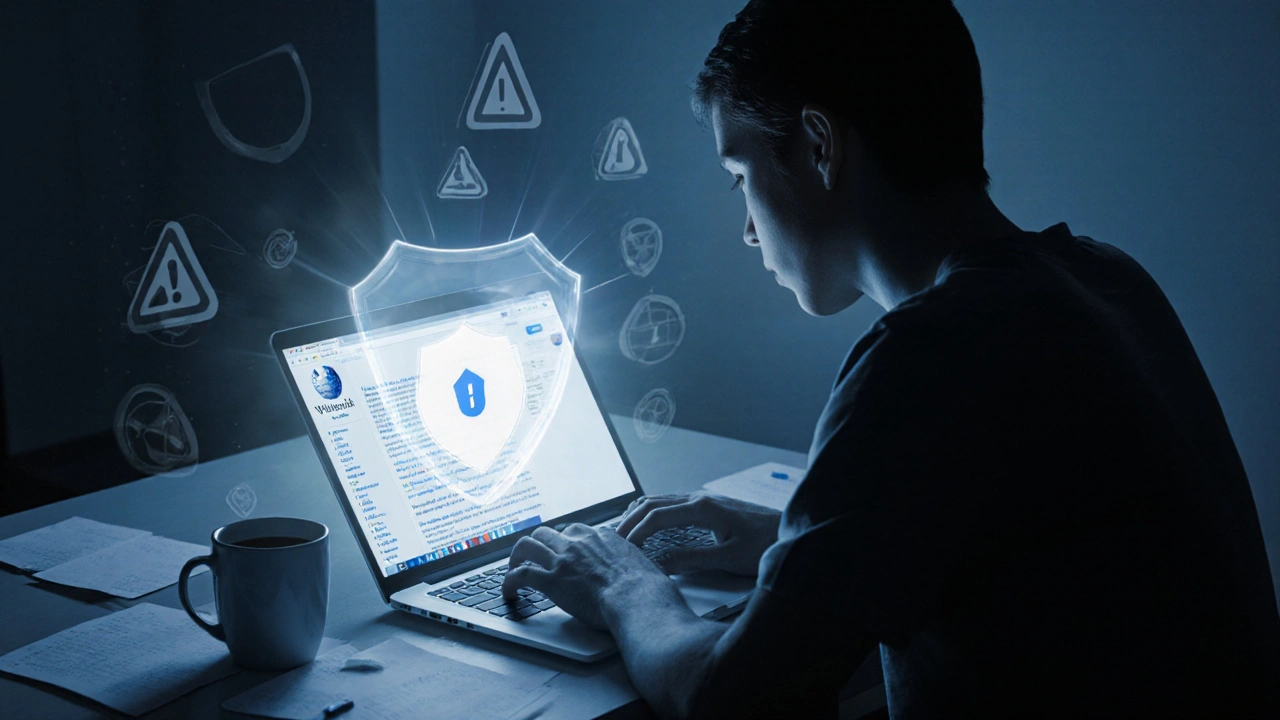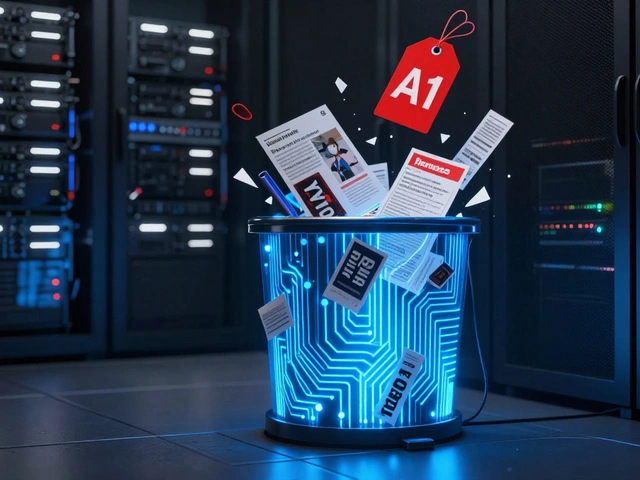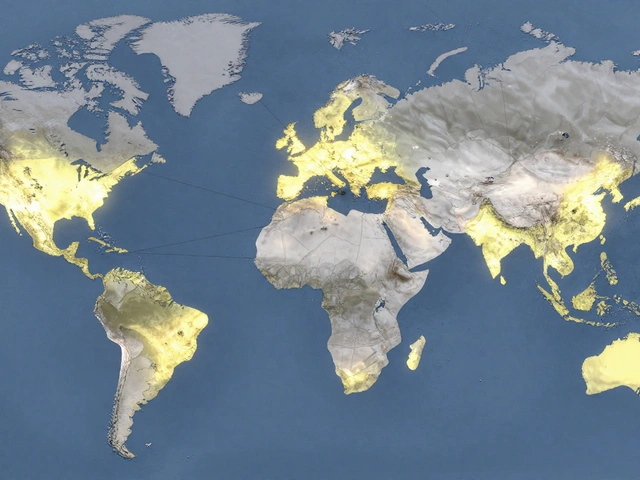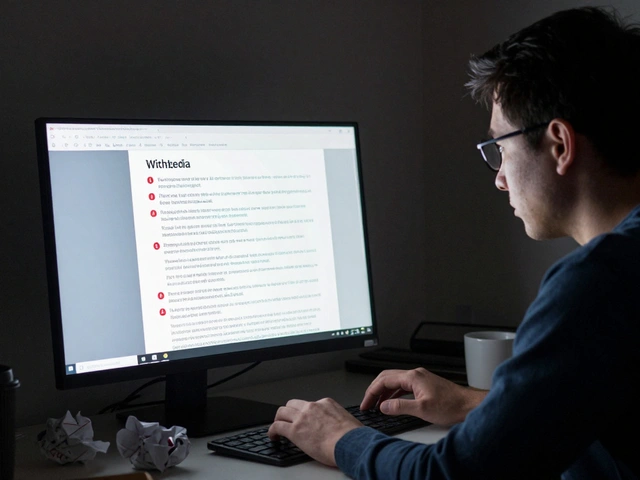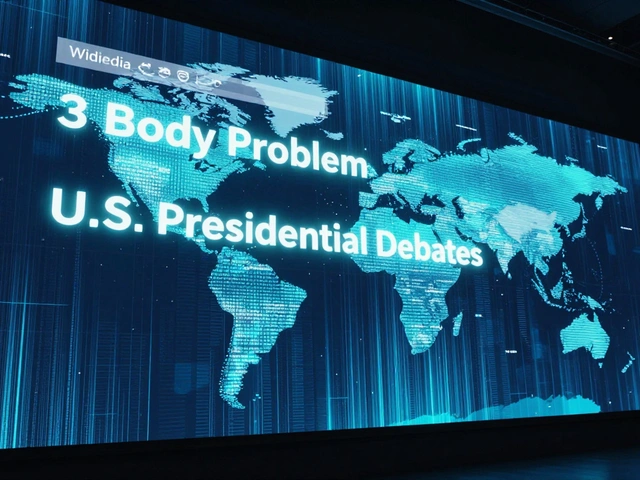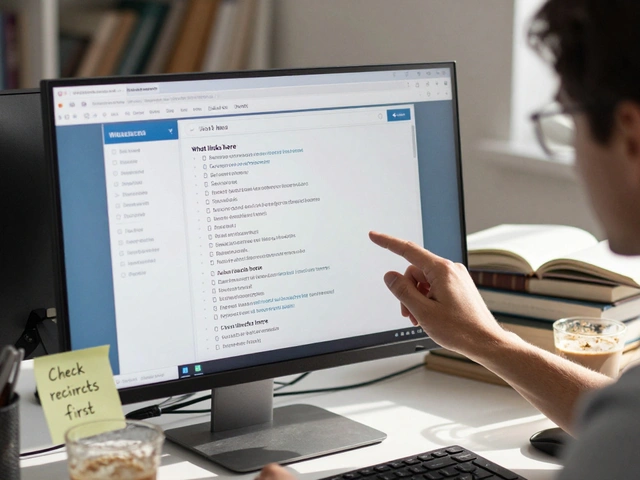Volunteer Protection on Wikipedia: Safeguarding Editors Who Keep Knowledge Free
When you edit a Wikipedia article, you’re part of a global network of volunteer protection, efforts to shield Wikipedia editors from abuse, doxxing, and retaliation while they contribute to free knowledge. Also known as editor safety, it’s not just about rules—it’s about keeping people safe so they can keep editing. These aren’t anonymous users behind screens. They’re teachers, students, retirees, and professionals who spend hours checking sources, fixing errors, and defending articles against vandalism. And too often, they’re targeted for it.
Wikipedia’s open model means anyone can edit—but that also means anyone can attack. Editors who write about controversial topics—politics, religion, abuse scandals, or even local corruption—frequently get doxxed, threatened with violence, or swatted. Some have lost jobs. Others quit entirely. The Wikipedia editors, volunteers who create, maintain, and defend Wikipedia content without pay aren’t just fighting bad information; they’re fighting real-world harm. The Wikimedia Foundation, the nonprofit that supports Wikipedia’s infrastructure and policy development has started taking this seriously, rolling out tools like edit filters, blocking systems, and confidential reporting channels. But the real work happens in community spaces: talk pages, arbitration committees, and private mediator groups where volunteers step in to de-escalate conflicts before they turn dangerous.
It’s not just about blocking trolls. It’s about building systems that recognize human cost. Some editors work in countries where speaking out can lead to arrest. Others face harassment from organized groups trying to rewrite history. Volunteer protection means giving people the space to edit without fear. It means training moderators to spot early signs of abuse. It means listening when someone says, "I’m done." And it means changing policies so that safety isn’t an afterthought—it’s built in. What you see on Wikipedia isn’t just text. It’s the result of thousands of people showing up, day after day, even when it’s hard. The articles you trust? They’re only possible because someone, somewhere, chose to stay.
Below, you’ll find real stories and policy breakdowns about how Wikipedia tries—and sometimes fails—to protect the people who make it work. From bot-assisted harassment detection to quiet editors who left because no one helped, these posts show the human side of keeping knowledge free.
Safety and Integrity Investments: Protecting Wikipedians
Wikipedia relies on volunteers who face real threats for editing controversial topics. The Wikimedia Foundation is investing in safety tools, legal aid, and anonymity features to protect these editors and preserve the integrity of free knowledge.
